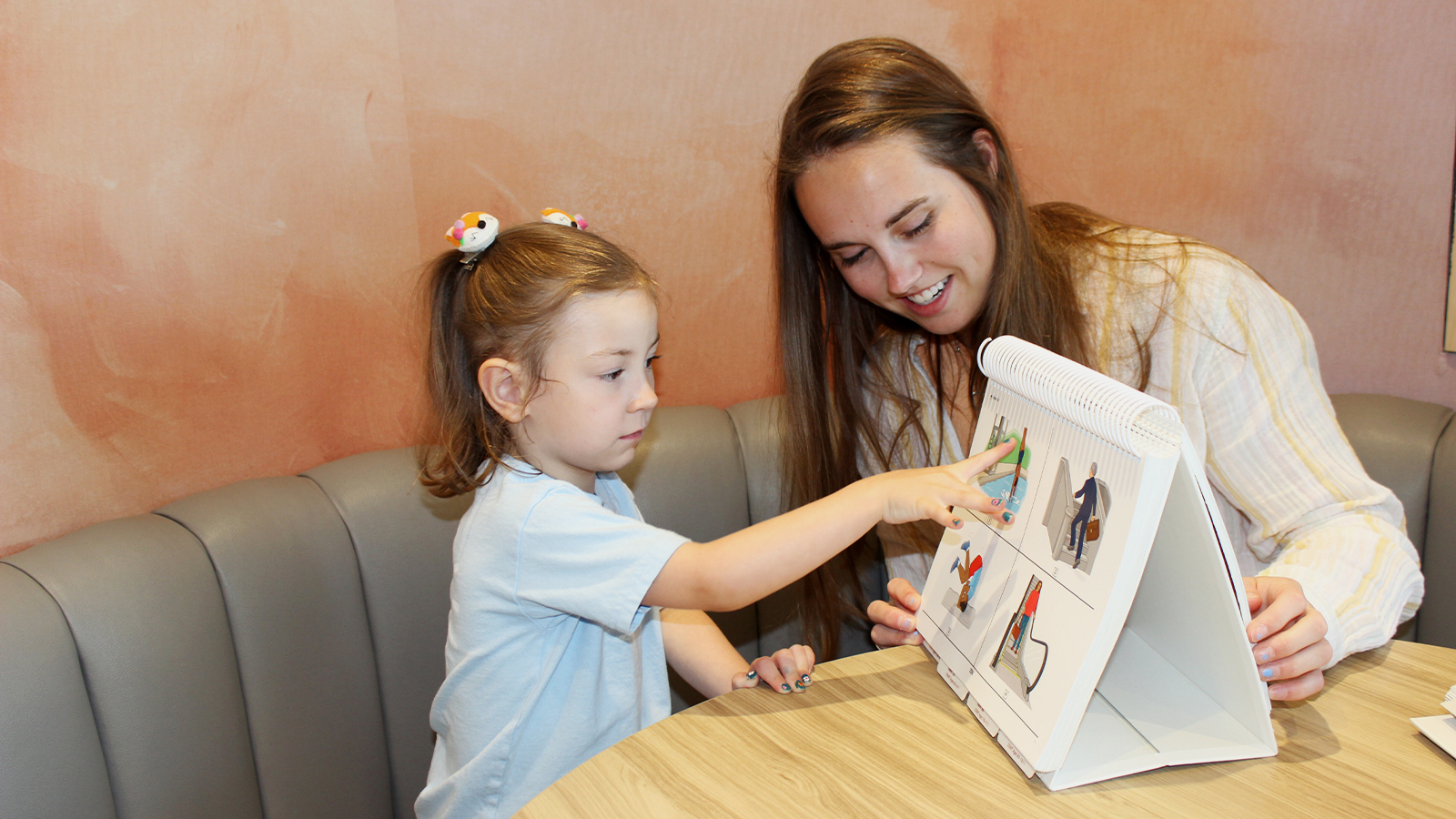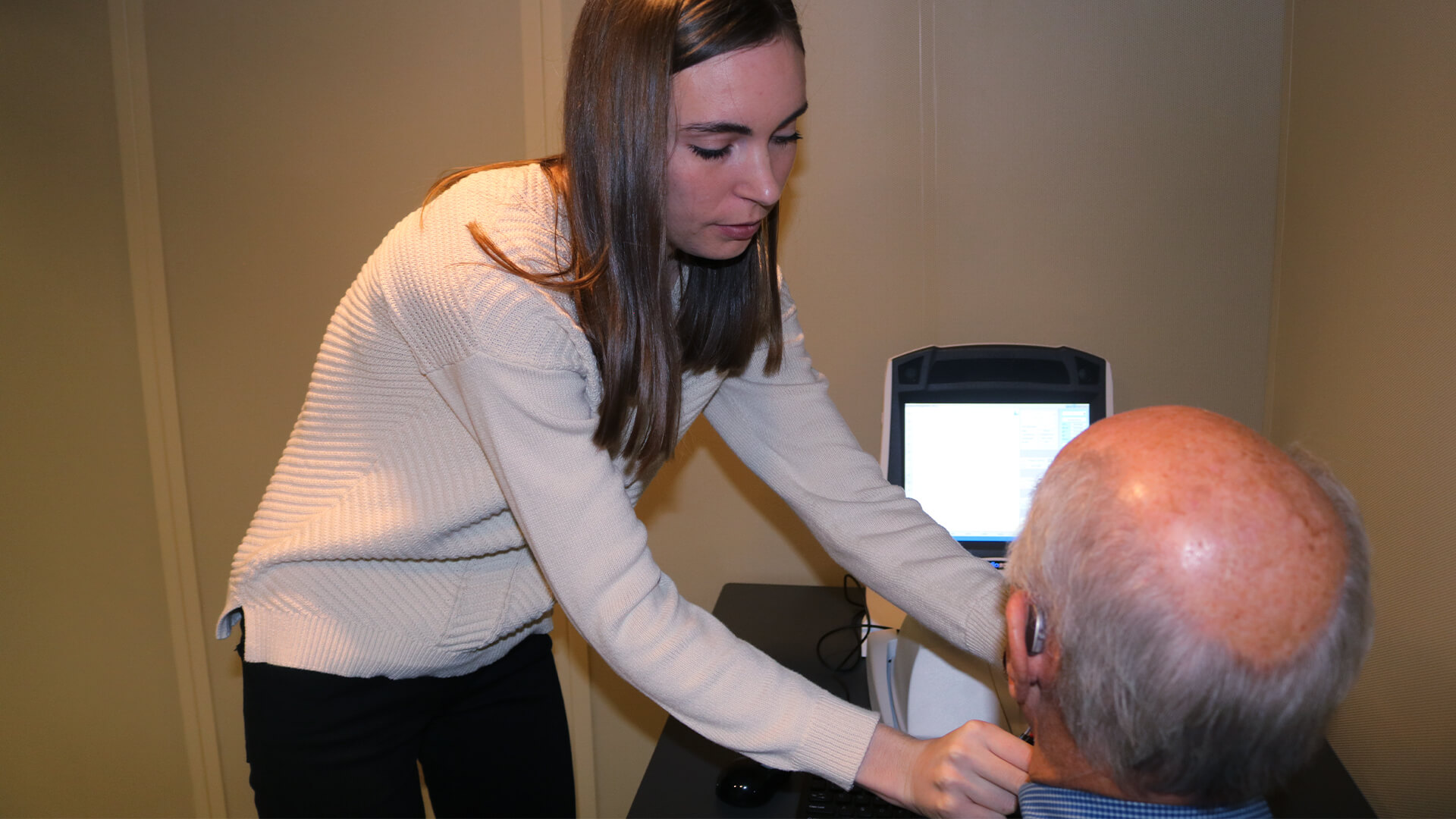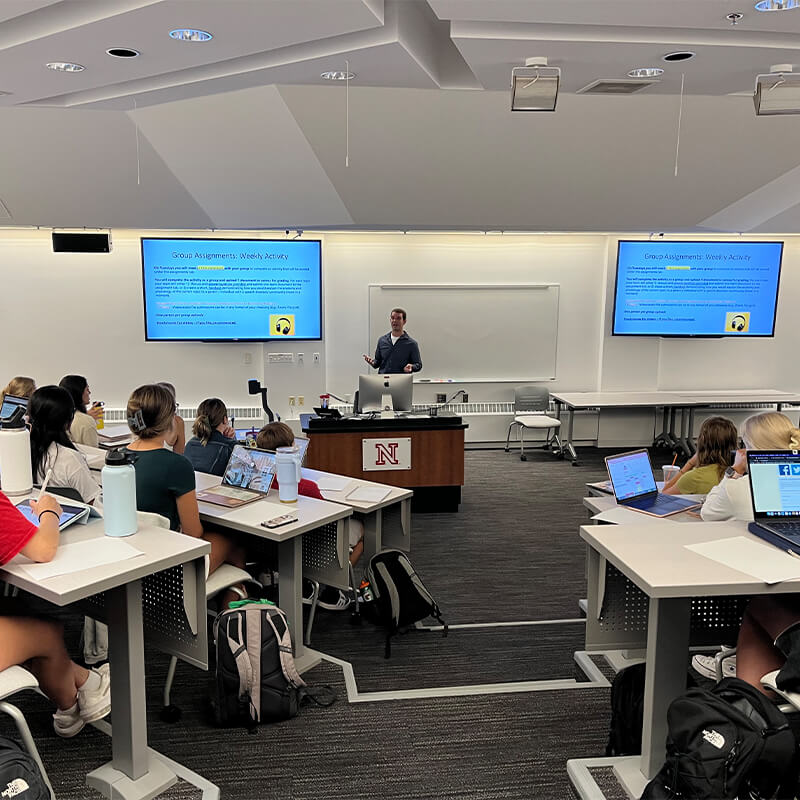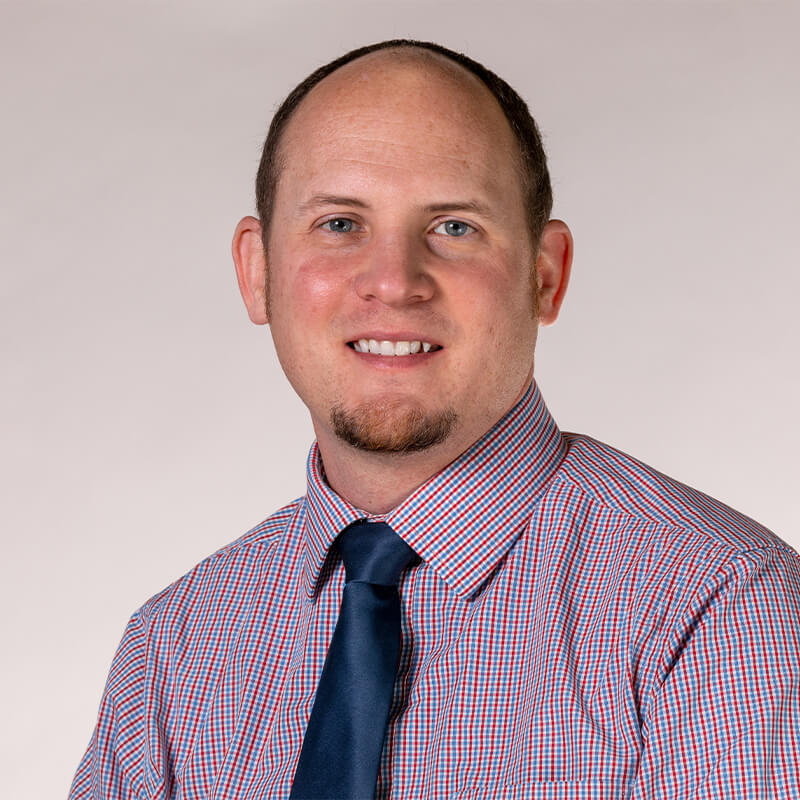Communication Sciences and Disorders

The Nebraska Difference
Scholarships
CEHS awards more than $200,000 annually in scholarships to incoming students.
1-to-1 Advising
Your assigned advisor will support you with academic planning throughout your time at Nebraska.
State-of-the-Art Facilities
We have some of the newest and best facilities and equipment in the country.
Career Coaching
Career coaches can help you plan for a meaningful career built upon your degree program.

Program Features
Undergraduate Research
You could conduct research alongside expert faculty in the field with potential for UNL, state, or national research presentations. Some current opportunities include research on augmentative and alternative communication, hearing aid amplification, reading comprehension, developmental disabilities, and brain activation in cochlear implant candidates. Students are often funded via grants such as UCARE.
Global Experiences
In an increasingly interconnected world, global experiences have become essential in shaping effective, culturally responsive speech-language pathologists and audiologists. Ultimately, global engagement enriches clinical skills, fosters innovation in intervention strategies, and strengthens the field’s commitment to equitable, inclusive care for all individuals with communication needs. Learn more about special education and communication disorders global experiences programs.
State-of-the-Art Facilities and Equipment
Large, diverse clinic space with in-house clients, including a gym, kitchen for therapeutic use, and new and innovative equipment in augmentative and alternative communication, balance, therapy, observation, and hearing equipment. Undergraduate students can observe, as well as volunteer, in clinic and resource room activities. Take advantage of renovated student lounges where you can sip free coffee and interact with peers.

Notable Courses
Hearing and Balance (SLPA 271)
Explore the etiologies and pathologies of hearing impairment and learn basic testing techniques of pure tone and speech audiometry.
Speech Sound Disorders (SLPA 464)
Discover how children develop speech and learn how to evaluate and treat speech sound disorders. Apply concepts learned during hands-on lab experiences.
Normal Language Development (SLPA 251)
Study the acquisition of language in children. Review theories of language development and factors that influence language acquisition.
Linguistic Needs of Bilingual and Multicultural Students (SLPA 488)
Learn how individual differences of gender, race, abilities, socio-economic status, and cultural-ethnic background contribute to communication patterns.
American Sign Language (SLPA 101, 102, 201, 202)
Learn to express and understand American Sign Language (ASL) from a Deaf native ASL instructor. Content includes grammar, vocabulary, pragmatics, morphology and deaf culture.
Augmentative and Alternative Communication (SLPA 486/886)
Students learn how to utilize augmentative and alternative communication (AAC) techniques to help individuals needing additional communication supports. This course includes hands-on experiences.
Huskers Do Big Things
Internships
- Nebraska Stroke Association, Lincoln, Nebraska
- Speech-language pathology clinical fellow, MedStar National Rehabilitation Hospital, Washington, D.C.
Careers
- Senior audiology research associate, Boys Town National Research Hospital, Omaha, Nebraska
- Speech-language pathologist, Lincoln Public Schools, Lincoln, Nebraska
- Clinical audiologists and speech pathologists, University of Nebraska Medical Center, Omaha, Nebraska
- Speech-language pathologist, Madonna Rehabilitation Hospital, Lincoln, Nebraska
- Professional support advisor, Speech Pathology Australia, Melbourne, Australia
- Postdoctoral research fellow, Johns Hopkins Bloomberg School of Public Health, Baltimore, Maryland
Graduate Schools
- Au.D. Clinical Doctorate in Audiology, University of Nebraska–Lincoln
- M.S. Speech-Language Pathology, University of Nebraska–Lincoln
- M.S. Special Education, Deaf Education Endorsement, University of Nebraska–Lincoln
- Ph.D. Human Sciences, University of Nebraska–Lincoln
Have Questions? We're Here to Help
If you have questions about the Communication Sciences and Disorders major or navigating the application process, contact us.

- Contact Name
- Dijon DeLaPorte
- Contact Title
- Director of Recruitment
- Phone
-
-